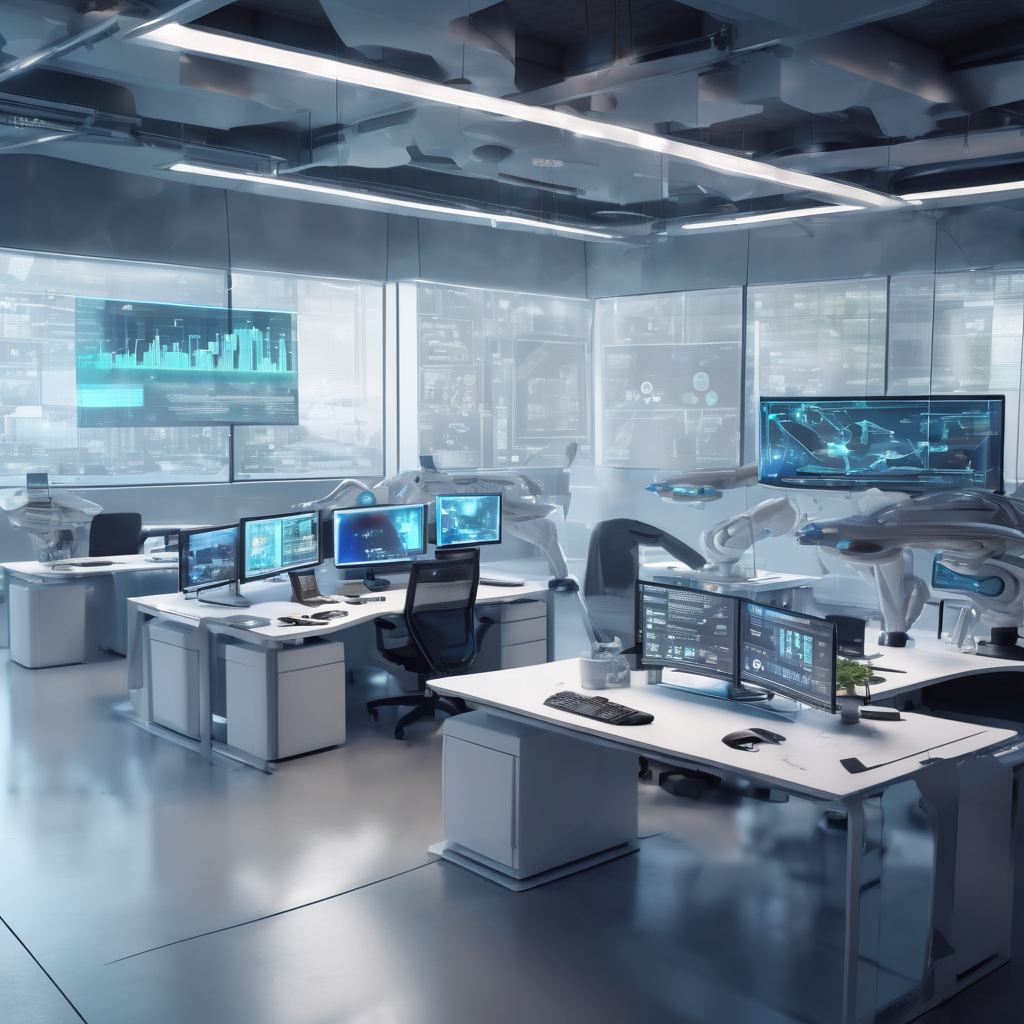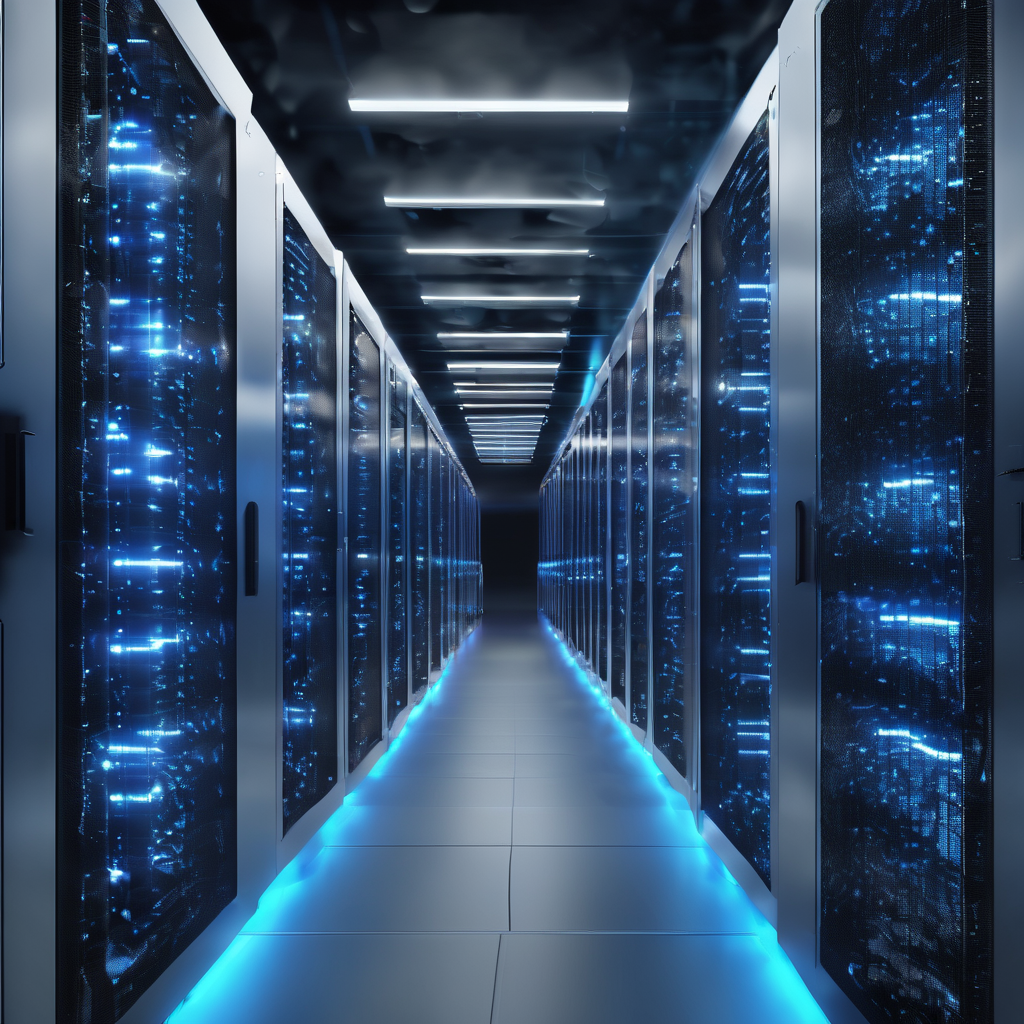
Prominent media organizations are releasing guidelines on how to effectively utilize artificial intelligence (AI) in newsrooms, while simultaneously engaging in licensing agreements that allow AI companies to utilize their content for AI model training. The significance of this lies in the fact that the emergence of publicly available generative AI tools has presented media companies with new ethical choices, as they strive to maintain public trust, explore AI technology, and safeguard their legal rights. Key highlights are as follows: 1. News organizations generally permit the use of AI under the supervision of human editors. However, guidelines often prohibit AI from being directly involved in article writing, and extra scrutiny is applied to AI-generated images and videos. 2.
The Associated Press (AP) recently made headlines by becoming the first major news company to collaborate with OpenAI, granting the firm access to AP's content for training its AI models. Nonetheless, it is important to note that the AP's commercial agreement with OpenAI may not serve as a universal template for other media companies aiming to safeguard their intellectual property rights. 3. Disclosure appears to be an area where there is nearly unanimous agreement among media organizations. As news publishers navigate various AI standards, ensuring a level of consistency will be crucial in fostering broad reader trust. 4. It is worth noting that Axios does not employ generative AI for content creation, except when showcasing its capabilities or limitations, in which case, the AI-generated material is clearly indicated. Overall, media organizations are grappling with the ethical implications of AI adoption, as they balance the desire to innovate with the imperative to maintain public trust.
None


OpenAI has secured an unprecedented $40 billion funding round, valuing the company at $300 billion—making it the highest-value private technology deal ever recorded.

Artisan AI is leading a new era of automation with its AI-driven digital workers called "Artisans." These advanced AI entities are designed to automate routine business tasks and provide strong support to human teams, aiming to boost productivity and streamline organizational workflows.

MarketOwl AI has recently launched a range of AI-powered agents that autonomously manage various marketing tasks, offering an innovative alternative that could potentially replace traditional marketing departments in small and medium-sized enterprises (SMEs).

Artificial Intelligence (AI) is swiftly becoming a core component in the development of Search Engine Optimization (SEO) strategies worldwide.

A necessary component of this site failed to load.

Search engines continuously update their ranking methods, causing SEO strategies to evolve constantly.

Around 2019, before AI became widespread, C-suite leaders’ main concern was getting sales executives to update CRM systems accurately.
Launch your AI-powered team to automate Marketing, Sales & Growth

and get clients on autopilot — from social media and search engines. No ads needed
Begin getting your first leads today